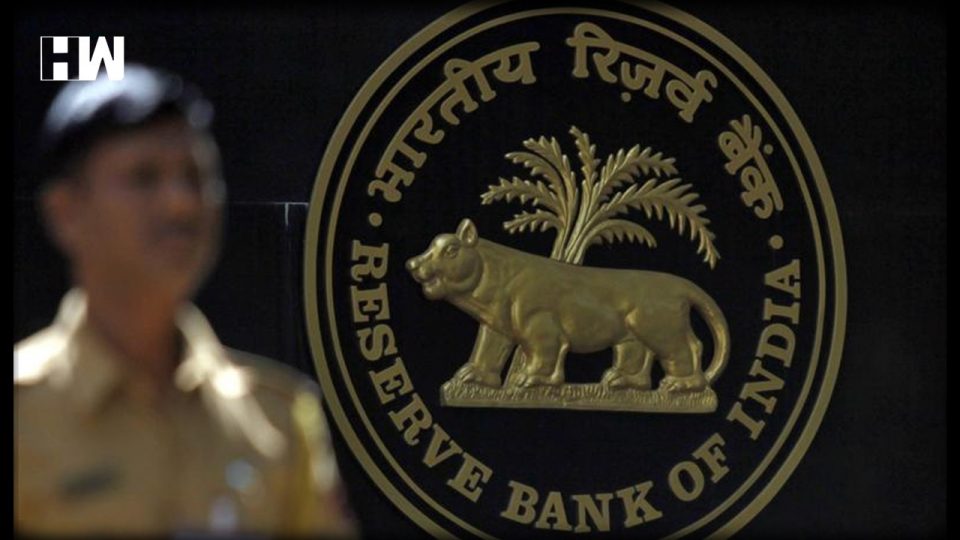The central bank, at a time when the economy has been severely hampered due to the pandemic, expects a severe contraction in the gross domestic product (GDP) in the first half of the financial year.
The Reserve Bank of India (RBI) on Tuesday said the economic upticks visible in May and June after the easing of coronavirus-related lockdown appear to have lost strength in July and August, mainly due to the re-imposition of restrictions. In its annual report for 2019-20, RBI said that the loss of strength in July and August suggest that that contraction in the country’s GDP or gross domestic product will “likely prolong into” the second quarter (July-September).
“Government consumption will continue to support current economic demand, while private consumption will likely lead the recovery when it takes hold after the COVID-19 outbreak eases,” the RBI said in its report.
The central bank, at a time when the economy has been severely hampered due to the pandemic, expects a severe contraction in the gross domestic product (GDP) in the first half of the financial year.
With a nationwide lockdown and people mostly remaining indoors, the usage of cash increased abnormally, forcing it to undertake expansionary policy measures to ensure adequate liquidity in the system, the RBI said.
It also stressed that it took a series of steps to counter the effects of COVID-19, which led to an improvement in monetary transmission in the second half of 2019-20.
RBI also expressed in its report that the more protracted spread of the coronavirus pandemic, deviations of the monsoon from the predicted normal rains, and global financial market volatility are key downside risks to growth.
In the context of monetary growth, RBI’s RBI’s total income increased 28.97 percent to Rs 1,93,036 crore in the year 2019-20, compared to Rs 1,49,672 crore in the corresponding period a year ago.
As an independent media platform, we do not take advertisements from governments and corporate houses. It is you, our readers, who have supported us on our journey to do honest and unbiased journalism. Please contribute, so that we can continue to do the same in future.

